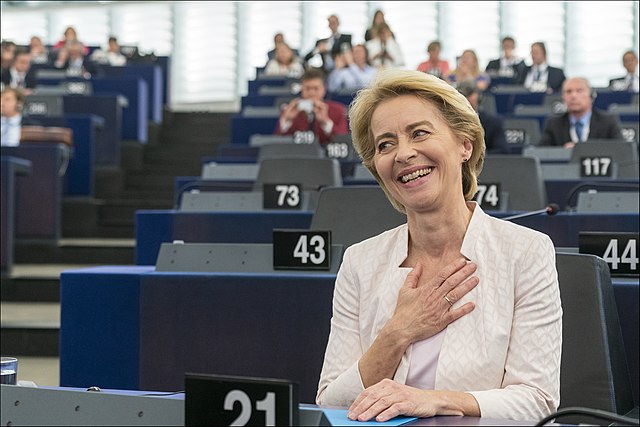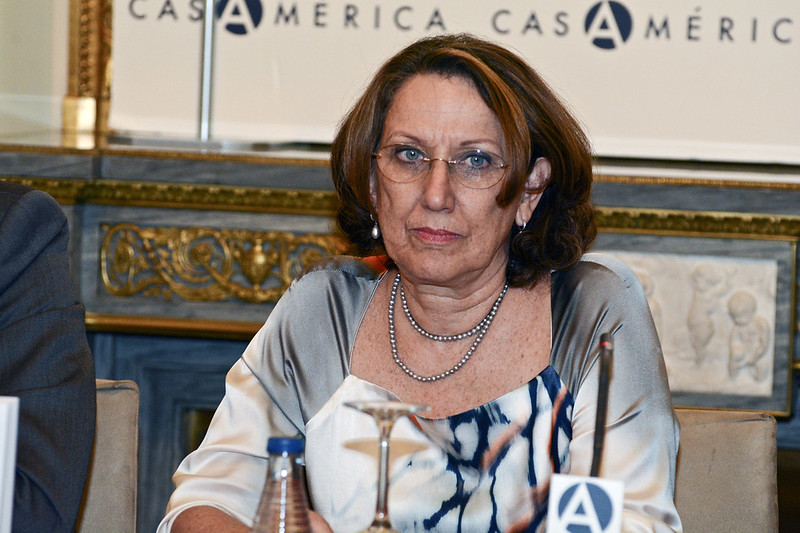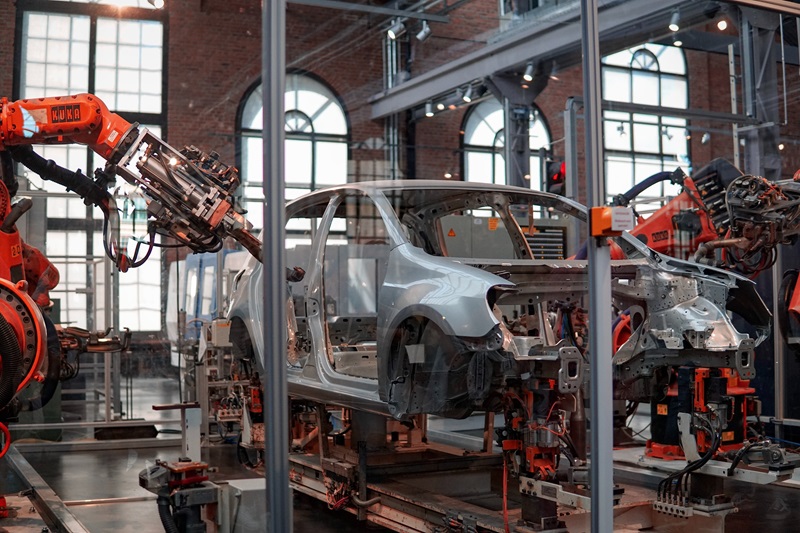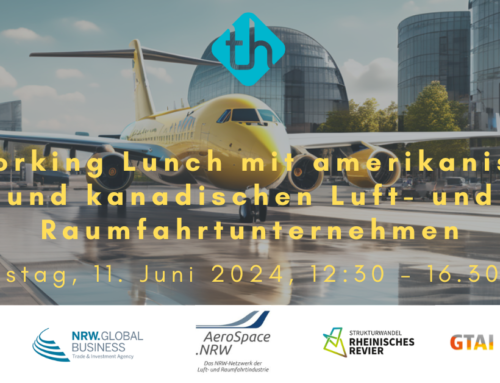1. Government funding manufacturing innovation
£50 million in funding is available for innovation in four key areas of manufacturing.
The Government is funding £11 million through the Advanced Propulsion Centre in the Advanced Route to Market Demonstrator competition (ARMD2) for innovative ideas in electric motorcycle and emergency vehicles with £22.7 industry matched funding.
The Centre for Connected and Autonomous Vehicles (CCAV) is funding 43 companies £18.5 million including those which innovate in self-driving vehicles and sensors.
The Faraday Institution through Innovate UK is funding £19 million of ideas in four battery research and innovation projects.
The Government has also committed £5.5 million to build a ‘Medicines Manufacturing Skills Centre of Excellence’ a life sciences hub that will allegedly ‘boost the UK’s ability to respond to future health emergencies.’
2. Oxford Mini factory upgrade

Image john rodenn castillo via unsplash
BMW has announced £600m investment in its Oxford plant that will manufacture 2 electric mini models, Cooper three door and Aceman, from 2026.
The UK Government has committed an undisclosed amount to attract the decision to reinvest in the UK’s automotive industry.
The British automotive sector has long been a symbol of innovation and craftsmanship, housing renowned names like Jaguar, Land Rover, and many more. In 2018, the UK automotive manufacturing sector had a turnover of £82 billion, generated £18.6 billion in value to the UK economy, and produced around 1.5 million passenger vehicles and 85,000 commercial vehicles.
As of 2023, over 450,000 cars have been built in the UK. Car exports are up 13.6% in 2023, with 359,940 shipped worldwide – 80.0% of total production. Over half of these exports were sent to the European Union.
The sector is navigating complex aftermaths of Brexit and COVID-19, along with a quickly evolving global supply chain. Brexit has led to increased scrutiny over trade relationships and more complexity for goods crossing borders. However, it has also brought new possibilities.
The global transport industry is undergoing a seismic shift towards decarbonisation. Electrified vehicles now account for more than a third (35.4%) of the UK’s new car market. However, new Rules of Origin (ROO) requirements on batteries could render EU and UK made electrified vehicles uncompetitive in each others’ markets.
The UK automotive sector is on track to reclaim £100 billion trading hub status. However, this growth is threatened by rules that were agreed before the pandemic, war in Ukraine and supply shortages.
-
No deal for EU-US at transatlantic summit

Image European Parliament
Ursula von der Leyen President of the European Commission travelled to America to meet with Biden ostensibly to remove trade tariffs implemented by Trump, specifically steel and aluminium tariffs, and to discuss the impact of Inflation Reduction Act subsidies, that Europe has called ‘anti-competitive,’ on Europe’s car market. The IRA favours EV’s assembled in America thereby reducing the ability of other regions to remain competitive and is a direct threat to China’s auto market that dominates EV battery and car manufacturing. Chinese state subsidies for electric and hybrid vehicles were $57 billion from 2016-2022 (Reuters).
Biden temporarily suspended the steel tariffs in 2021 and said he is ready to suspend them again but only if the EU reconsiders its carbon border adjustment mechanism which would hinder American producers.
However, no breakthrough on trade tariffs or EV subsidies was made by negotiators before the meeting or during the day. Discussion during the visit is reported to have been about alignment on the wars in Ukraine and Israel.
-
UK Trade Commissioner visits Taiwan ahead of annual trade talks

Martin Kent credit Gov.uk
The newly appointed UK Minister for APAC Martin Kent recently visited Taiwan to meet with Taiwan’s International Trade Administration of the Ministry of Economic Affairs to prepare for the UK-Taiwan Trade Talks in London in November. The trade talks are annual and have been running for 26 consecutive years.
Taiwan UK bilateral trade amounts to £8.5 billion (£2.9bn exports, £4.6bn imports) in the past four quarters and it is the UK’s 32nd largest trading partner.
Taiwan is the world’s 22nd largest economy. Its strengths are in technology and there are opportunities for UK companies in offshore wind, railways and nuclear decommissioning.
UK Taiwan trade relations date back to 1661 when the East India Company had an agreement on trade with the ruler of Tungning, a Taiwan state. Due to the One China policy, the United Kingdom does not diplomatically recognise the Government of the Republic of China (Wikipedia).
The annual trade talks meeting began in 1991 to promote collaboration in fintech, food and drink, and pharmaceuticals.
-
Maldives: small islands, big influence

Image ishan seefromthesky via unsplash
The Maldives are a small island cluster in the north-central Indian Ocean, southwest of Sri Lanka and India. The Maldives has just reopened an Embassy in Washington
The Maldives sought and was granted independence from UK 1965 and first sought membership of the United Nations. It identified 3 countries to open Embassies in, of which Washington was one, and the Maldives Embassy in the US was first opened in 1968.
The small island cluster exerts a relatively large influence in the Indo-Pacific region relative to its size. Here we’ve described a few factors as to why that’s the case:
Strategic Location: The Maldives holds crucial strategic importance for India, China, and the West due to its location on essential east-west cargo shipping lines, including China’s oil supplies from the Gulf.
Growing Influence of India and China: There has been a growing influence of India and China in the Maldives’ domestic affairs. The Maldives has maintained India as its most important strategic and development partner since they established diplomatic ties in 1965. However, recent decades have seen the growth of Chinese development and investments in the Maldives.
Developmental Concerns: The Maldives’ developmental concerns factor heavily into its international alignments. Under President Yameen Abdul Gayoom’s administration, the Maldives became a partner of China’s Belt and Road Initiative (BRI), leading to greater Chinese economic engagement.
U.S. Interest: The Maldives has just reopened its Embassy in Washington DC.
Political Dynamics: The political dynamics in the Maldives also play a significant role in its geopolitical influence. For instance, President Yameen Abdul Gayoom expanded Maldives-China engagement and brought massive development projects. However, his successor Ibrahim Mohamed Solih sought to reiterate the ‘India first’ policy.
-
Unctad opposes FDI

Rebeca Grynspan by Casa de América via Flickr
UNCTAD has come out in opposition of foreign direct investment at the eighth World Investment Forum.
The United Nations Conference on Trade and Development was formed in 1964 out of the United Nations that was formed in 1944 as World War II finished and global leaders sought a way to influence national agendas internationally.
Featured image lenny kuhne via unsplash







